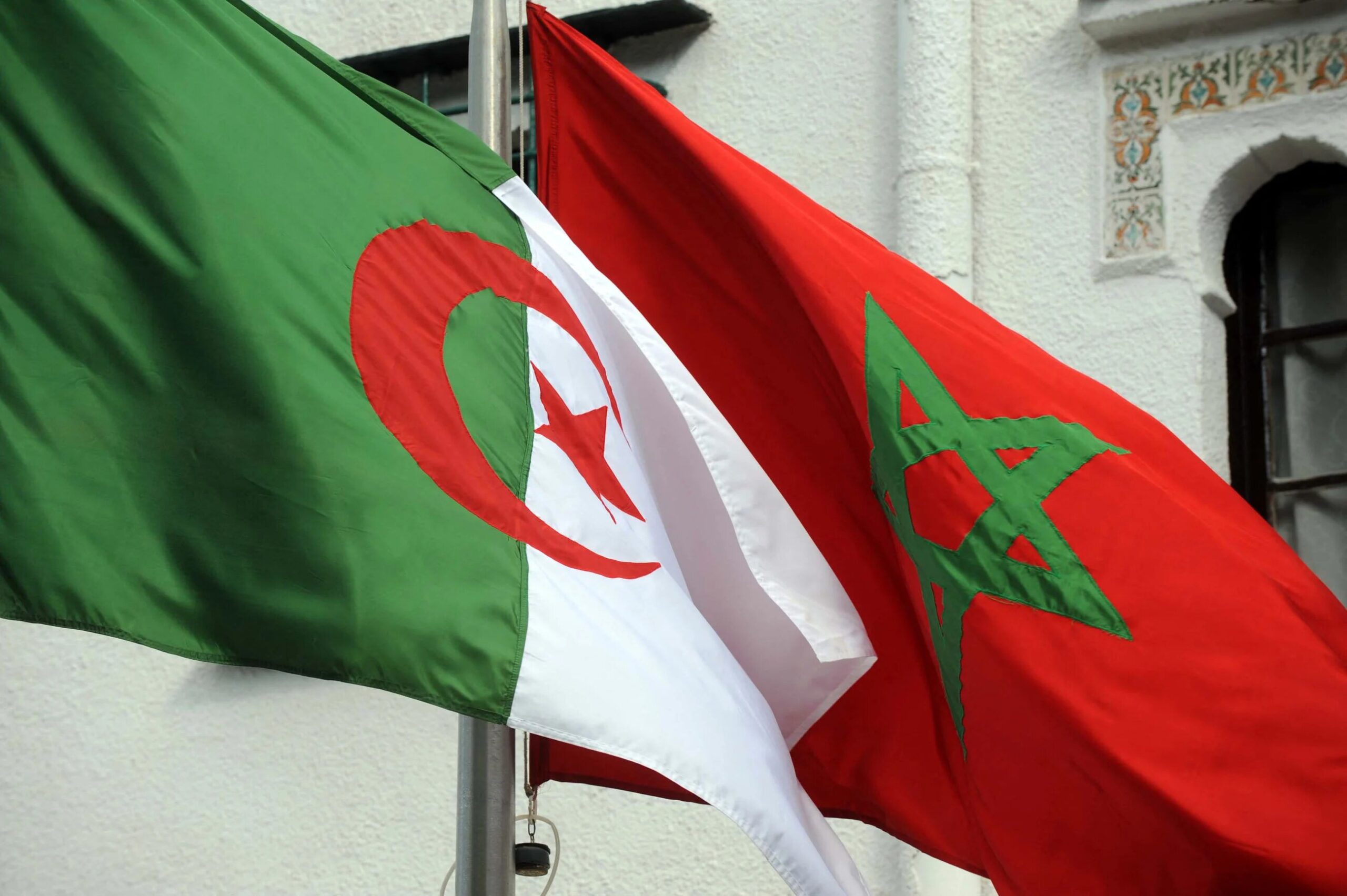
Student mobility between France and the Maghreb is revealing a growing imbalance, as Morocco enjoys privileged access to French higher education while Algerian students face mounting hurdles.
France’s endorsement of Morocco’s autonomy plan for Western Sahara has deepened ties with Rabat, leading to expanded academic cooperation.
In 2024, more than 43,000 Moroccan students were enrolled in French universities, making Morocco the leading African source of international students and the second largest worldwide after China. Administrative procedures have been eased, and visa refusal rates remain low at around 11%, buoyed by stable diplomatic relations and strong bilateral agreements.
In stark contrast, Algerian students continue to encounter delays and higher rejection rates amid tense relations between Algiers and Paris. Despite sending 34,269 students to France, Algerian applicants face a refusal rate of 16%, significantly above the European average. Recent controversies, including high-profile cases such as writer Boualem Sansal and journalist Christophe Gleizes, have further strained diplomatic ties.
Observers warn that this two-speed system risks widening educational inequalities between the two North African nations. While Moroccan students benefit from streamlined procedures and growing opportunities, their Algerian counterparts face a more complex and uncertain path to higher education in France.
The disparity reflects deeper geopolitical dynamics, where diplomatic alignment or discord directly influences access to academic and professional prospects abroad. As calls grow for a more balanced and transparent visa policy, many students in the region remain caught between aspiration and bureaucracy.



